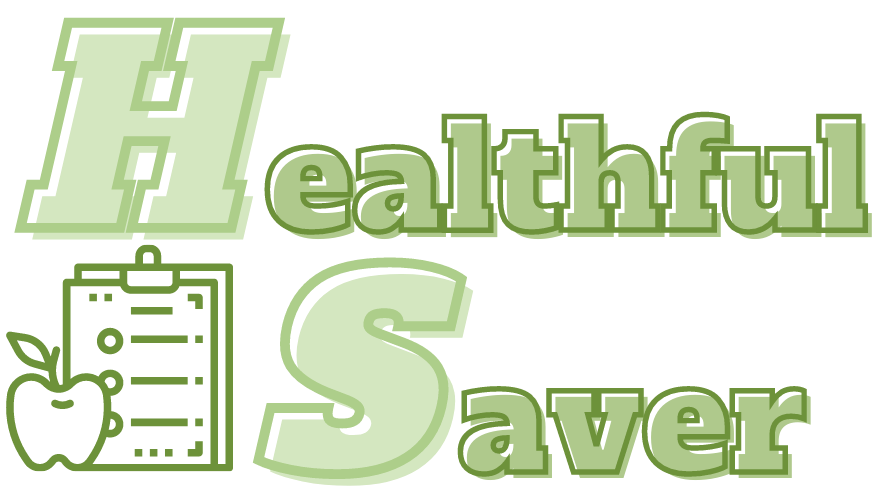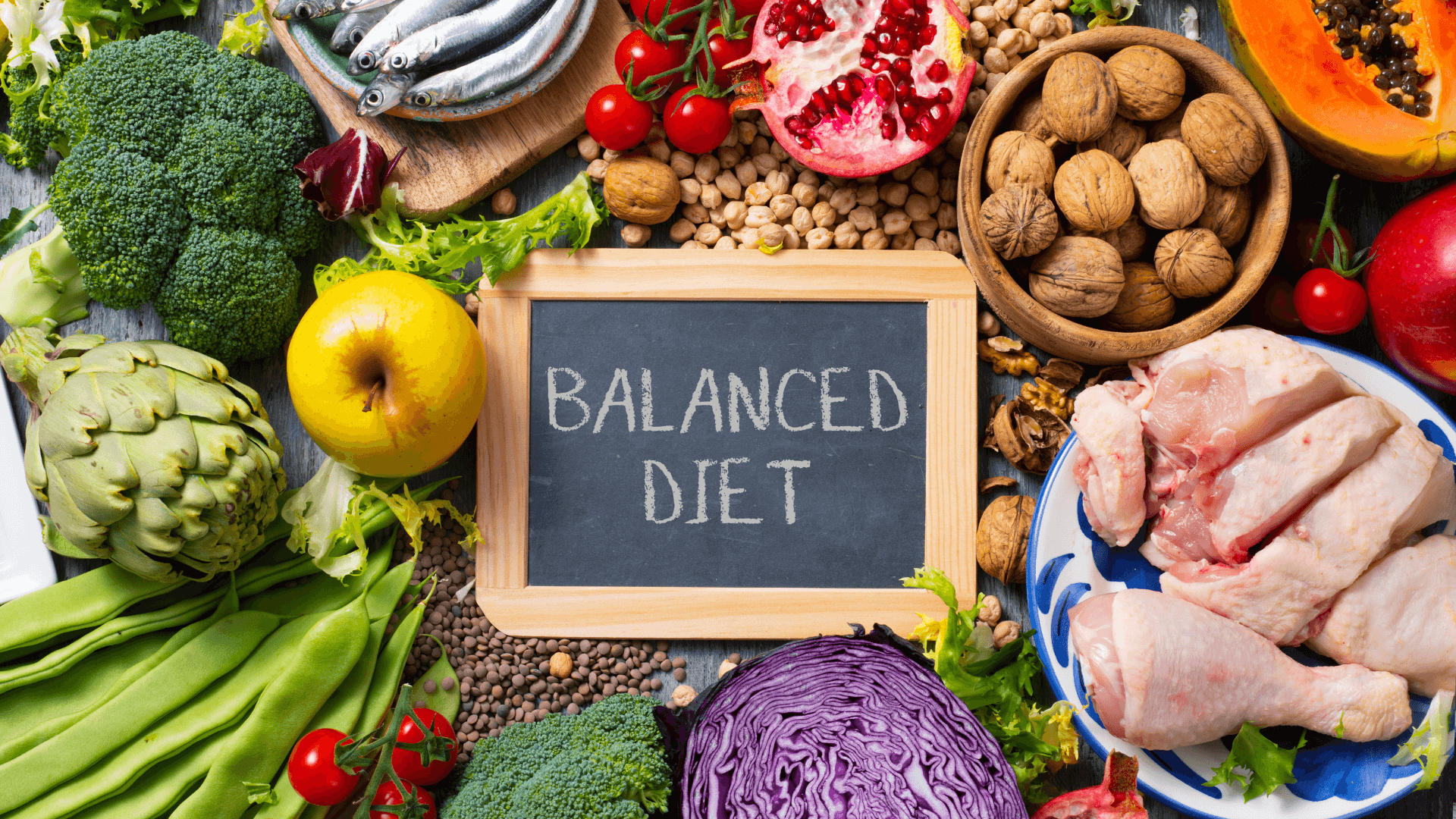As we prepare for summer, many of us think about what we eat. But did you know that a balanced diet is essential for overall health? It’s something you should be thinking about even if you don’t plan on losing weight. This blog post will explore the basics of a balanced diet and what you need to know to ensure your body is getting all the nutrients it needs. From dietary guidelines to which foods are good and bad for you, read on to learn everything you need to know to have a healthy diet.
What Is a Balanced Diet?
A balanced diet contains a variety of different types of foods and nutrients. The diet provides enough protein, carbohydrates, fat, vitamins, and minerals. It’s also essential to ensure that each food group gets equal calories.
What Should Be Included in a Balanced Diet?
To create a balanced diet, you should first determine your daily caloric intake. Once you know this, you can decide which foods to include in your meal plan. The American Dietetic Association (ADA) recommends that 50% of your daily calorie intake comes from carbohydrates, 20% from protein, and 30% from fat. You can find more information on the ADA website.
Some general tips for creating a balanced diet include:
A variety of fruits and vegetables are high in vitamins, minerals, fibre, and antioxidants. They can provide essential nutrients and add flavour to your meals.
- Protein helps keep you feeling full after eating other foods. Choose lean protein sources such as fish, poultry, legumes, or low-fat dairy products.
- Carbohydrates provide energy for your body. It would help if you had some carbohydrates in your diet daily to help fuel activity levels and normal brain function. Try to include complex carbs (like whole grains) and processed carbs (like sugars).
- Healthy fats are essential for keeping your body functioning correctly. They can be found in nuts, seeds, and vegetable oils.
- Variety is key when it comes to eating healthy. Try including different types of grains, legumes, nuts, seeds, canned fish or seafood, eggs, and dairy products in your meals to get the variety your body needs.
What Are the Benefits of a Balanced Diet?
A balanced diet is vital for your health. It helps to keep your body working properly and provides you with the nutrients you need to stay healthy. Here are some of the benefits of a balanced diet:
It Keeps Your Body Working Properly
Your body needs a mix of different foods to function correctly. A balanced diet provides all the nutrients your body needs to work properly. If you don’t get enough of certain nutrients, your body will have trouble performing essential functions, such as muscle growth and maintenance or heart health.
It Can Help Reduce the Risk of Certain Diseases
A balanced diet can help reduce the risk of certain diseases, including heart disease, stroke, and type 2 diabetes. Eating various foods helps you get all the nutrients your body needs and reduces the chances of developing these diseases.
It Can Help Reduce Weight Gain and Obesity Rates
Eating a balanced diet is one way to prevent weight gain and obesity rates from rising. A balanced diet includes all the necessary food groups, which helps keep you satiated longer so that you don’t overeat and gain weight over time.
What Are the Dangers of an Unbalanced Diet?
A balanced diet contains the right amount of nutrients and calories to help keep you healthy. But what are the dangers of an unbalanced diet? Here are four dangers of an unbalanced diet:
- You can become overweight or obese if you overeat junk food.
- Eating too many unhealthy foods can increase your heart disease, stroke, and cancer risk.
- An unbalanced diet can also lead to deficiencies in essential vitamins and minerals, which can cause problems with your health.
- A lack of essential nutrients can cause mood swings, fatigue, and other health problems.
This article discusses the importance of a balanced diet and gives you everything you need to know to make healthy eating choices for yourself. We cover topics like how to find the right balance for your caloric intake, what vitamins and minerals are essential for a healthy diet, and which foods should be avoided because they may not be suitable for your health. By following these simple guidelines, you can create a nutritious diet that is perfect for your body and will help improve your overall well-being. Thanks for reading!

